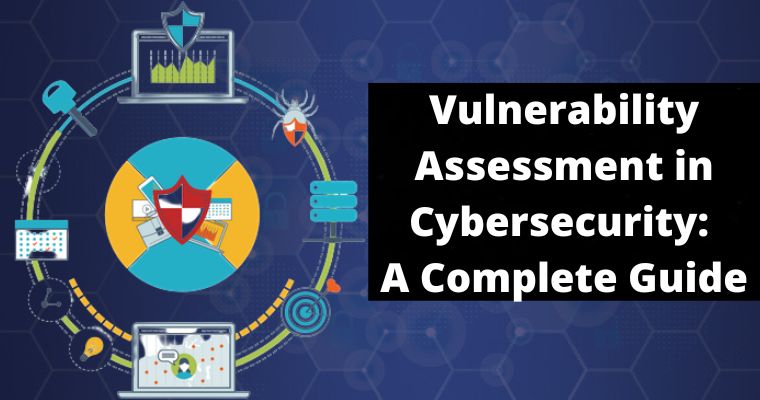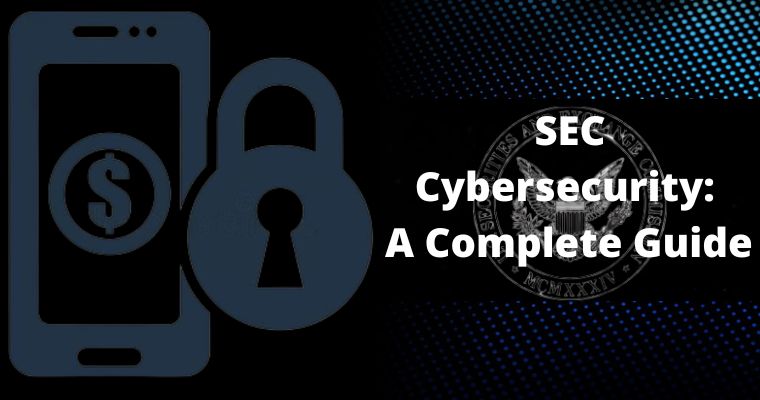Computer security has seen major advancements over the past decade, which has made it easier for individuals to mitigate some of the top personal cybersecurity risks by using security software and educated decisions.
While more risk mitigation options are available, there is an increased awareness of the consequences that these types of threats can cause.
Cybersecurity is used to describe both the protection of assets and information from cyberattacks as well as the prevention of such attacks.
As part of this, you should make sure that your identity is protected and that you have backups available in case a data breach occurs.
Types of Personal Cybersecurity Risks
The most common types of personal cybersecurity risks are social engineering and phishing attacks. The greatest personal cybersecurity risk is the likelihood that an individual will fall prey to a social engineering attack.
This type of attack involves tricking someone into giving up confidential information or providing access to their computer or network, which can lead to identity theft and other serious consequences.
The second most common type of personal cybersecurity risk is phishing attacks.
These types of attacks target individuals who are likely to respond in a way that benefits the attacker, for example by clicking on a link in an email or opening an attachment that appears to be from a trusted source but actually contains malware.
Of the top personal cybersecurity risks, phishing attacks are the most common (60.4%), followed by social engineering (38.8%) and malware infections (34.6%) in the year 2021.
What are Other Important Cybersecurity Risks?
Malware: Malware includes viruses, worms, and trojans. They can be installed on a system without the user’s knowledge, or manually by an attacker.
Malware attacks are made possible by vulnerabilities in software, like unpatched systems or insecure configurations.
Data breaches: Data breaches include if someone has access to your personal information, your financial records, and/or proprietary data that you want to keep confidential.
A data breach could cause permanent damage to your reputation or financial loss.
Ransomware: Ransomware is a type of malware that encrypts your files and forces you to pay a ransom in order to get the encryption key or decrypt them.
What are the risks posed in the event of a data breach?
Repercussions of Data Breach: Data breaches can have serious consequences, including financial loss and reputational damage. If a data breach is caused by you, it might also lead to disciplinary action or termination.



